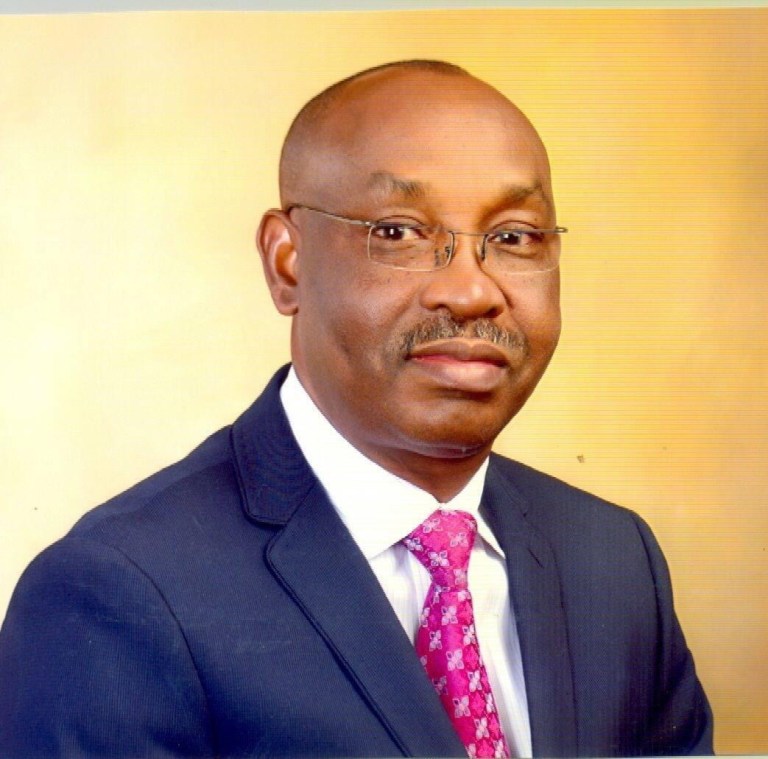The Nigeria Extractive Industries Transparency Initiative (NEITI) says it will report oil and gas companies that have defaulted in remittance of various profit taxes to the federation account.
Dr Orji Ogbonnaya Orji Executive Secretary of NEITI disclosed this while briefing newsmen on the 2019 oil and gas industry audit report and Solid Mineral Industry audit report in Abuja, on Tuesday.
He said that 77 oil and gas companies operating in Nigeria were currently owing the country 6.48 billion dollars an equivalent of N2.659 trillion.
He noted the debts, which were identified in the Report, arose from failure of the companies to remit petroleum profit tax, company income tax, education tax, value added tax, withholding tax, royalty and concession on rentals to the Federation Account.
He explained that a total of 143.99 million dollars is owed as petroleum profit taxes; 1.089 billion dollars as company income taxes and 201.69 million dollars as education tax.
Others, he added included 18.46 million dollars and 972,000 pounds as Value Added Tax; 23.91 million dollars and 997,000 pounds as Withholding Tax; 4.357 billion dollars as royalty oil and 292.44 million dollars as royalty gas.
Also, 270.187 million and 41.86 million dollars were unremitted gas flare penalties and concession rentals respectively.
The Executive Secretary noted that the disclosure was important and timely in view of government’s current search for revenues to address citizens’ demand for steady power, access to good roads, quality education, fight insurgency and creation of job opportunities for the country’s teeming youths.
He added that NEITI was determined to help the Federal Government recover the money from the 77 companies, and advised the affected companies to ensure they remit the various outstanding sums against them before the conclusion of the 2020 NEITI audit cycle to the relevant government agencies responsible for collection and remittances of such revenue.
Orji also warned that NEITI would no longer watch while these debts continue to remain in its reports unaddressed, stating that it would provide all necessary information and data to sister agencies saddled with the responsibilities of recovering the debts into government coffers.
He said that the agency would also share the information and data with partner anti-corruption agencies with whom it had signed memoranda of understanding (MoU).
“A comparative analysis of what this huge sum of N2.65 trillion can contribute to economic development shows that it could have covered the entire capital budget of the federal government in 2020 or even used to service the federal government’s debt of 2.68 billion dollars in 2020.
“In 2021, if the money is recovered the N2.659 trillion could fund about 46 per cent of Nigeria’s 2021 budget deficit of N5.6 trillion and is even higher than the entire projected oil revenue for 2021.
“This is why NEITI is set to work with the government to provide relevant information and data to support efforts at recovering this money.
“The disclosure of this information is in line with NEITI’s mandate to conduct audits, disseminate the findings to the public to enable the citizens, especially the media and civil society to use the information and data to hold government, companies and even society to account.
“ It is important that the process of recovering this humongous sum be set on course to support government in this period of dwindling revenues,” he said.
On NEITI’s achievements, he said that within the short period of re-constitution and inauguration of the NEITI Board.
It achieved commencement of process of reviewing of NEITI Act to strengthen its powers and functions; timely publication and presentation of the reports.
Also, secured permanent office accommodation for the agency after 17 years of squatting on rent; sustained and diversified partnerships with key stakeholders and partners.
Other achievements he listed were the appointment of NEITI into the implementation Committee of the Petroleum Industry Act, PIA; the beginning of the development of a five-year NEITI Strategic Plan (2022-2026) and NEITI Audit Automation Project.
Also, Nigeria’s involvement in Opening Extractives programme; NEITI’s appointment to lead the global EITI Contract Transparency Network; Designing of a new, functional and Interactive website and reconstitution of the civil society and communication sub-committee among others.
Also speaking, Chairman of the Board of NEITI, Mr Olusegun Adekunle, welcomed the achievements so far recorded and assured that a lot more needs to be done in the EITI implementation in Nigeria.
“To effectively undertake this task of ensuring prudent management of extractive resources, there is need for effective oversight of the implementation of the EITI standard by all relevant frontline agencies of government and companies.
“NSWG looks up to you for you to effectively monitor these guidelines and to ensure that the standards are mainstreamed in the covered entities’ daily operations”, he said.
He reiterated the commitment of President Muhammadu Buhari-led administration to EITI implementation in Nigeria.
According to him, President Buhari’s administration is passionate about EITI process because it served two key agenda of the government on strategic economic development through extractive sector, and in achieving transparency and accountability in the management of our natural resources under the anti-corruption agenda.
The Chairman assured members of the civil society and the media that the NEITI Board under his watch would do all within its power to sustain the existing partnership and ensure a more robust and cordial relationship with civil society groups.
He added that every input from the civil society and the media would receive speedy and due attention.(NAN)(

